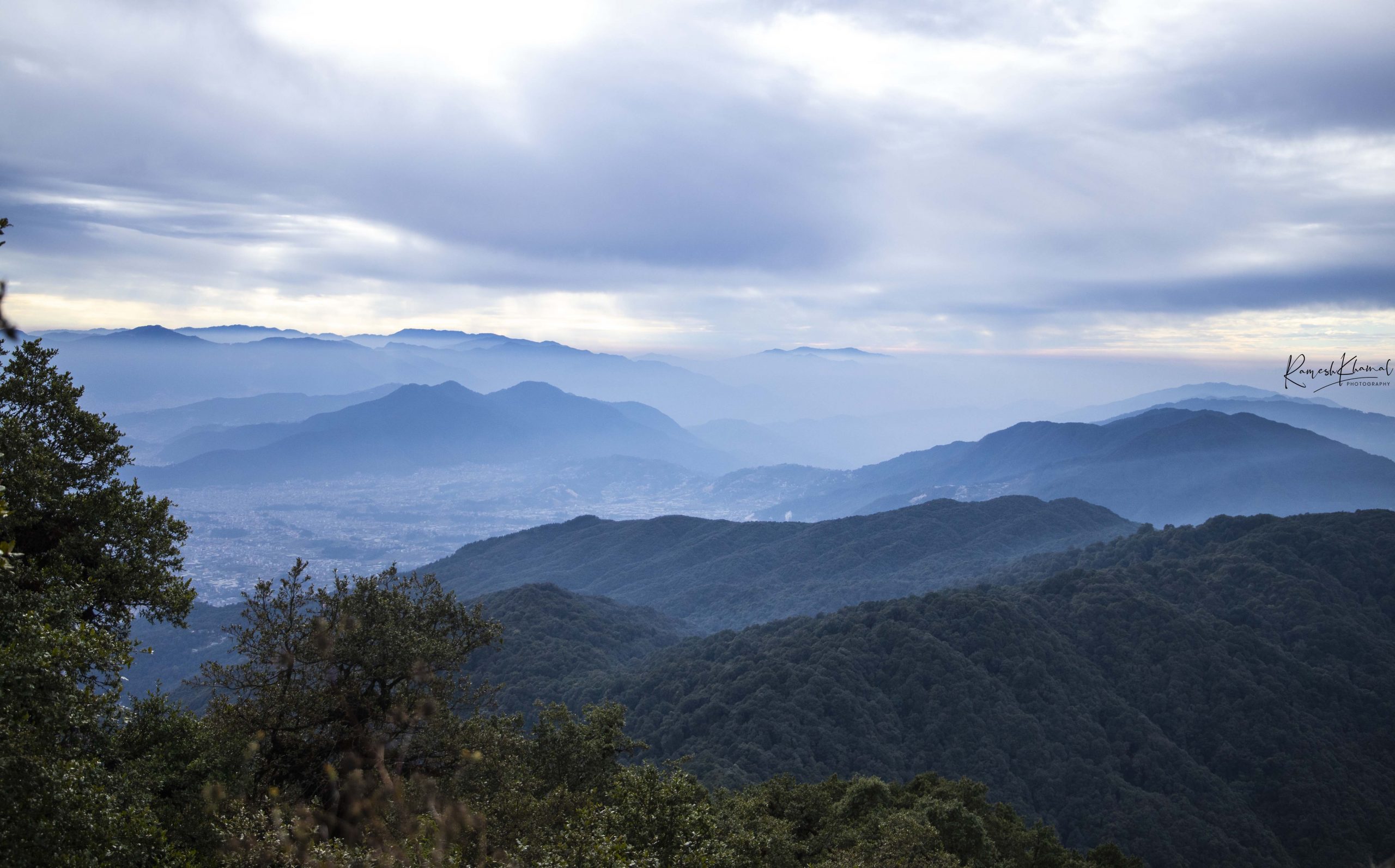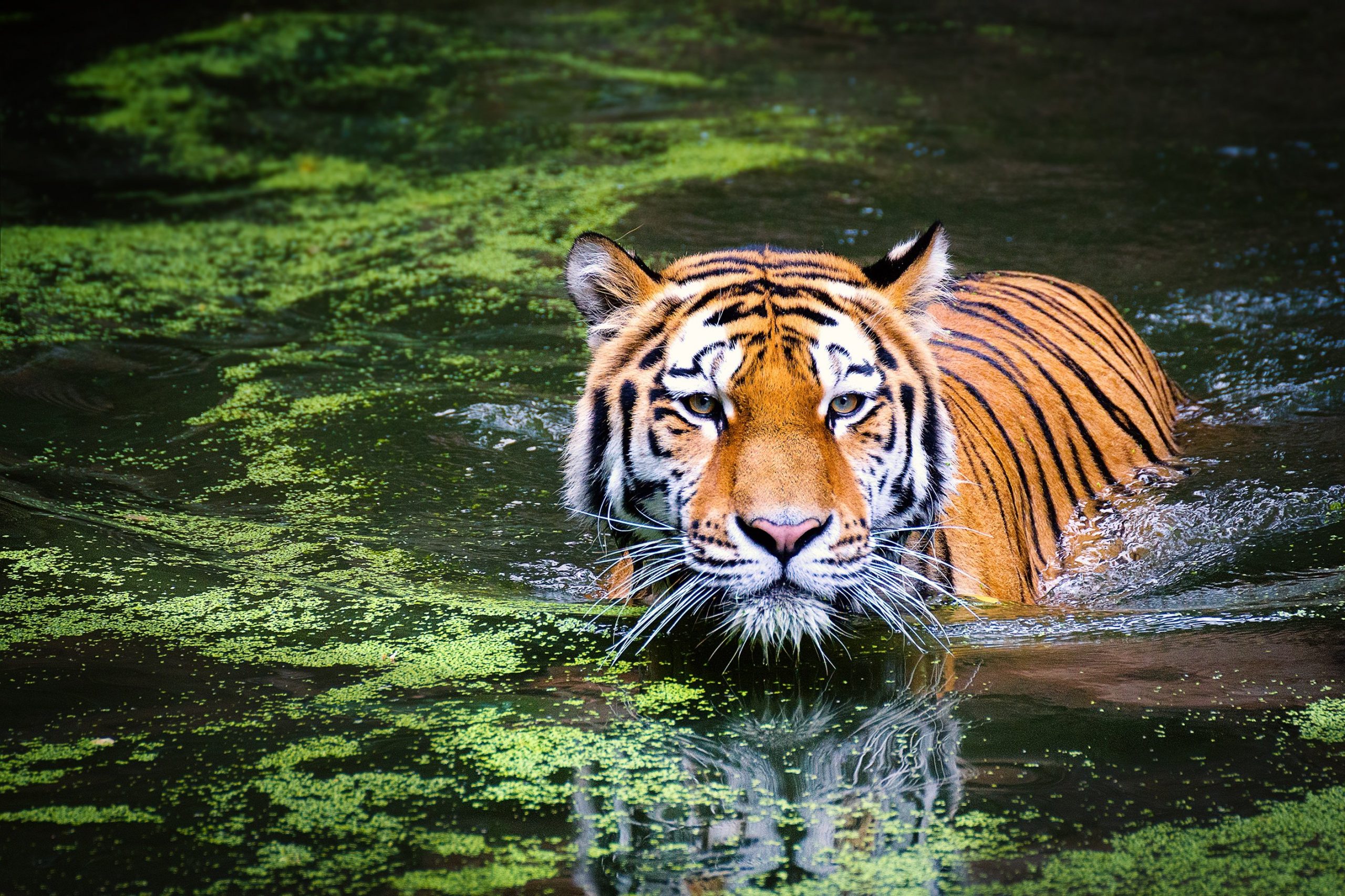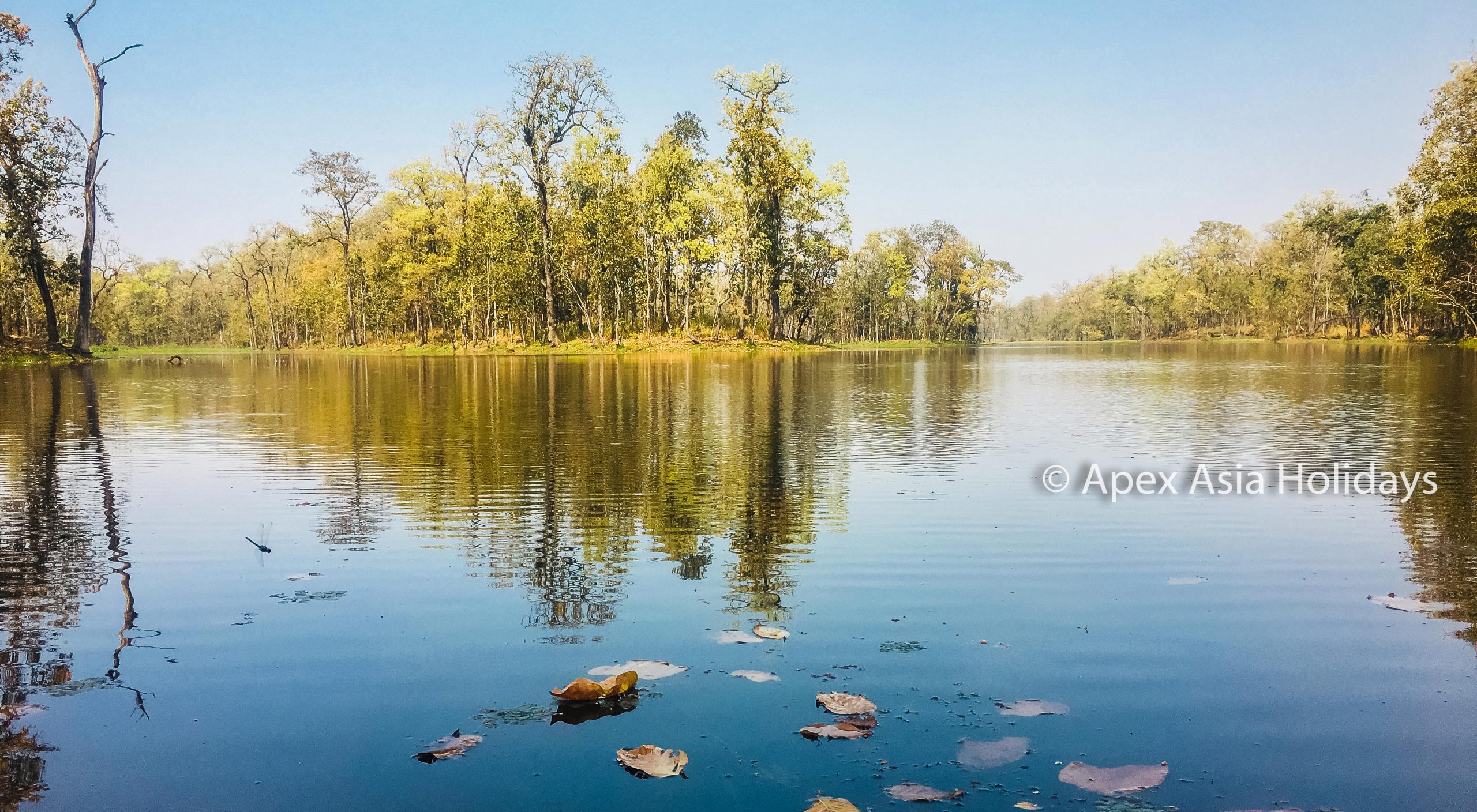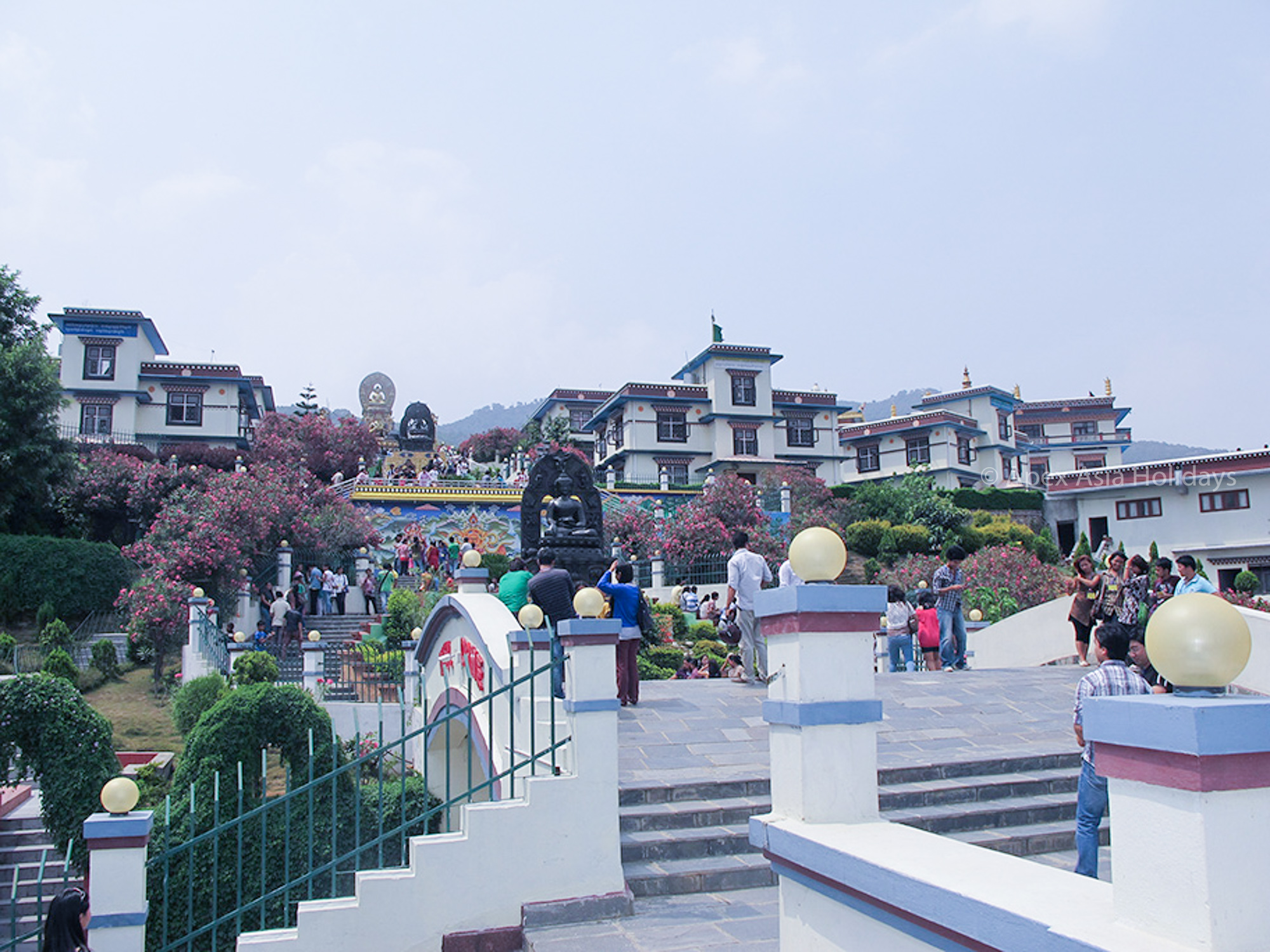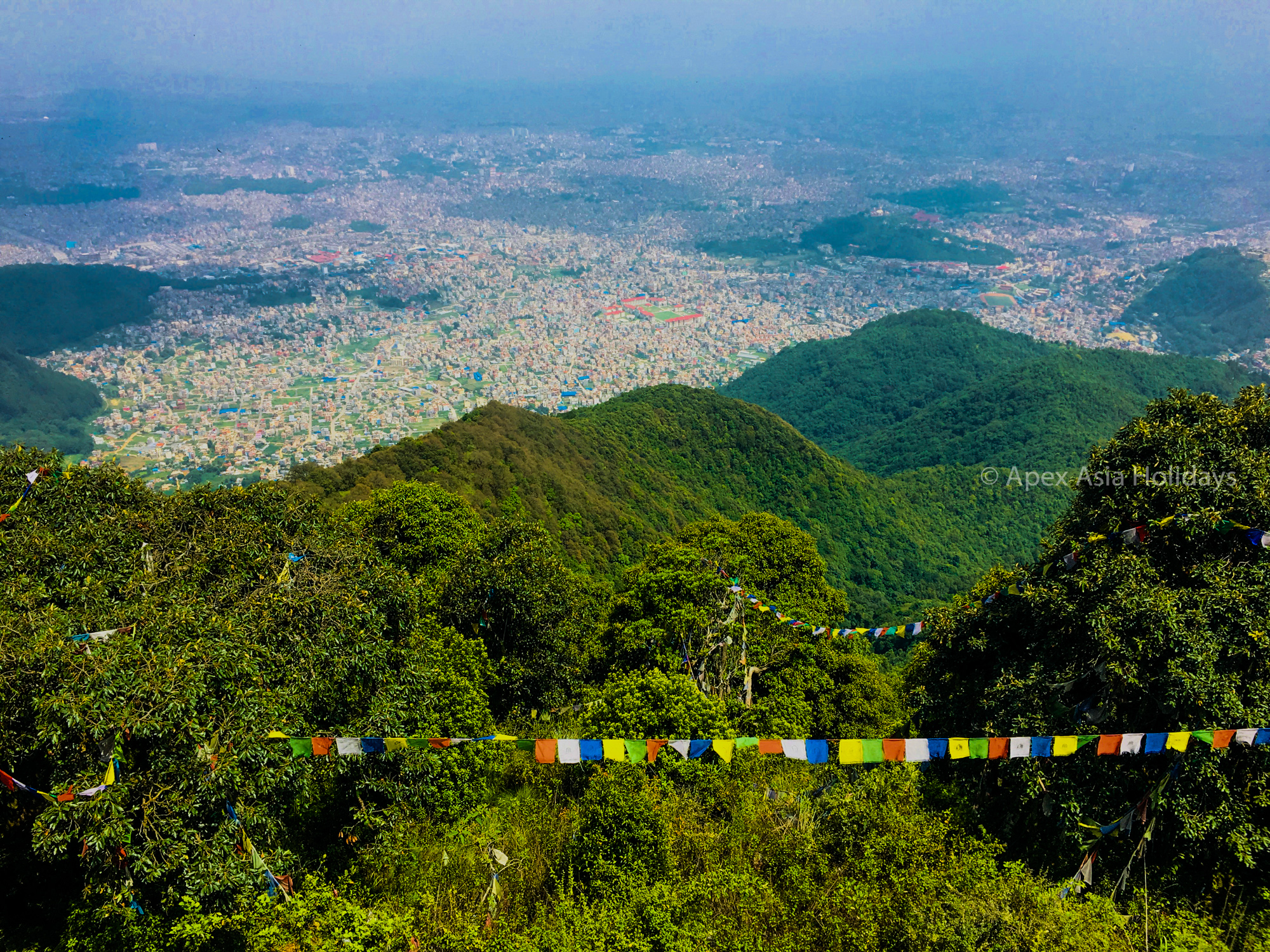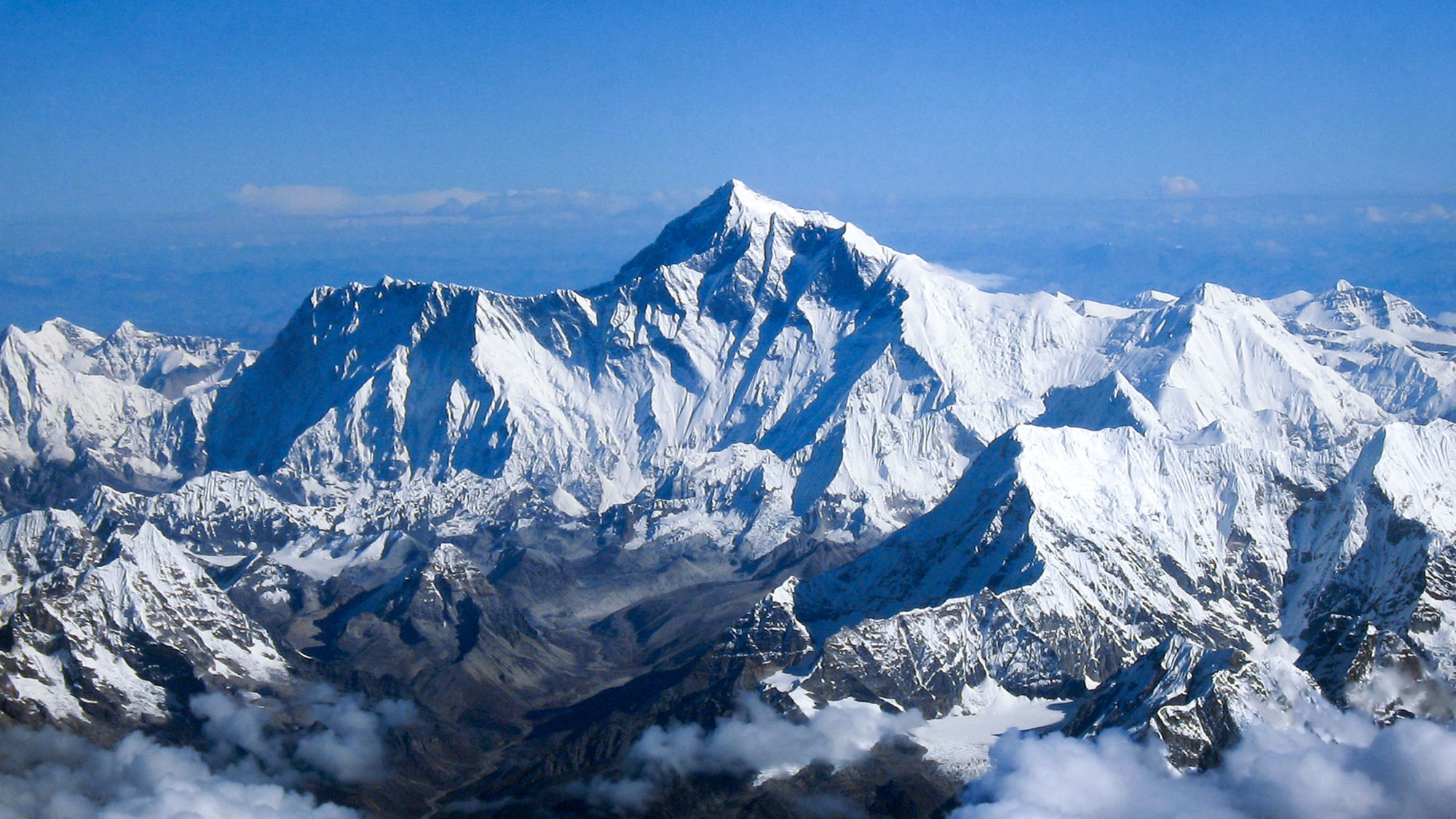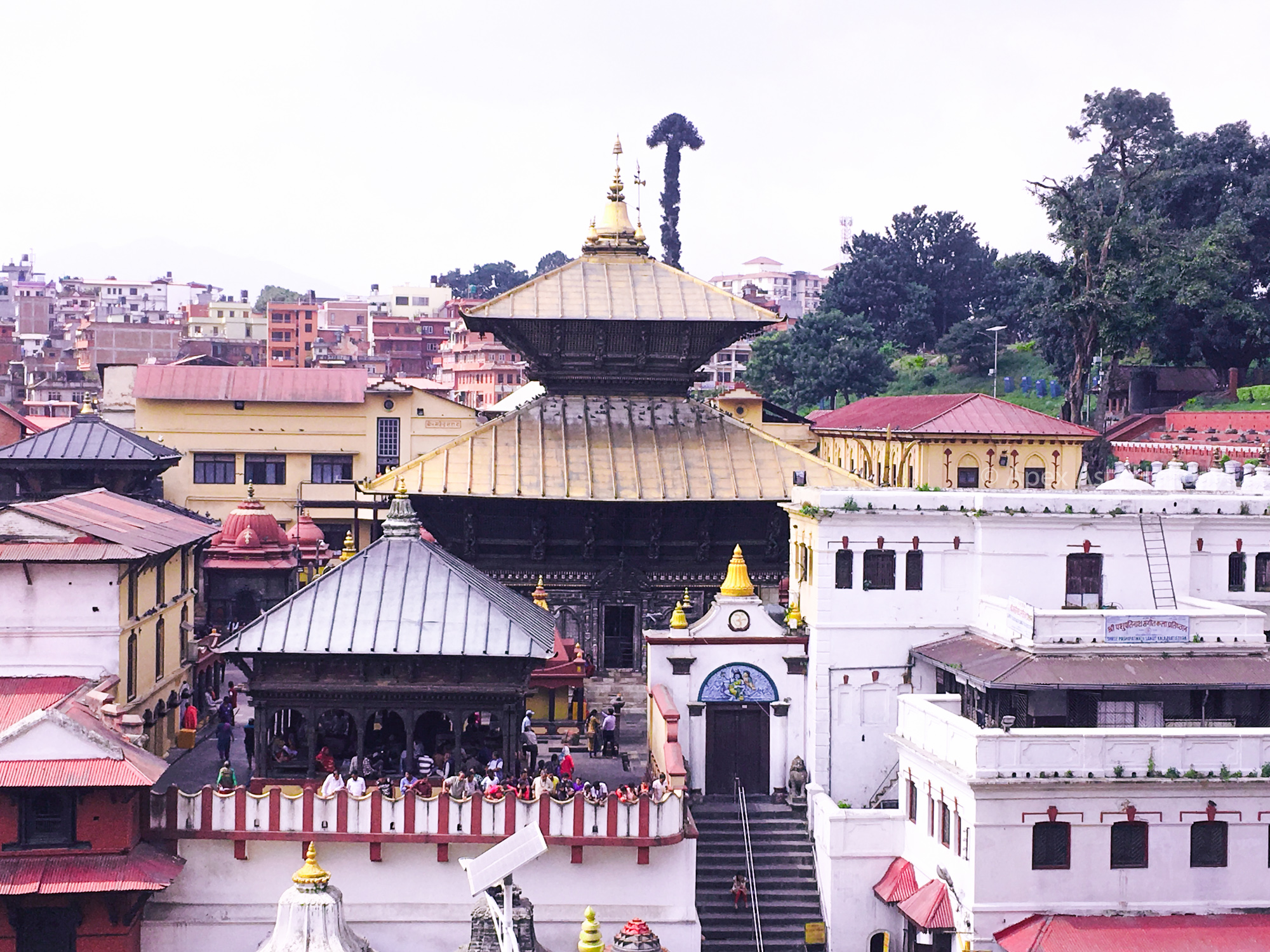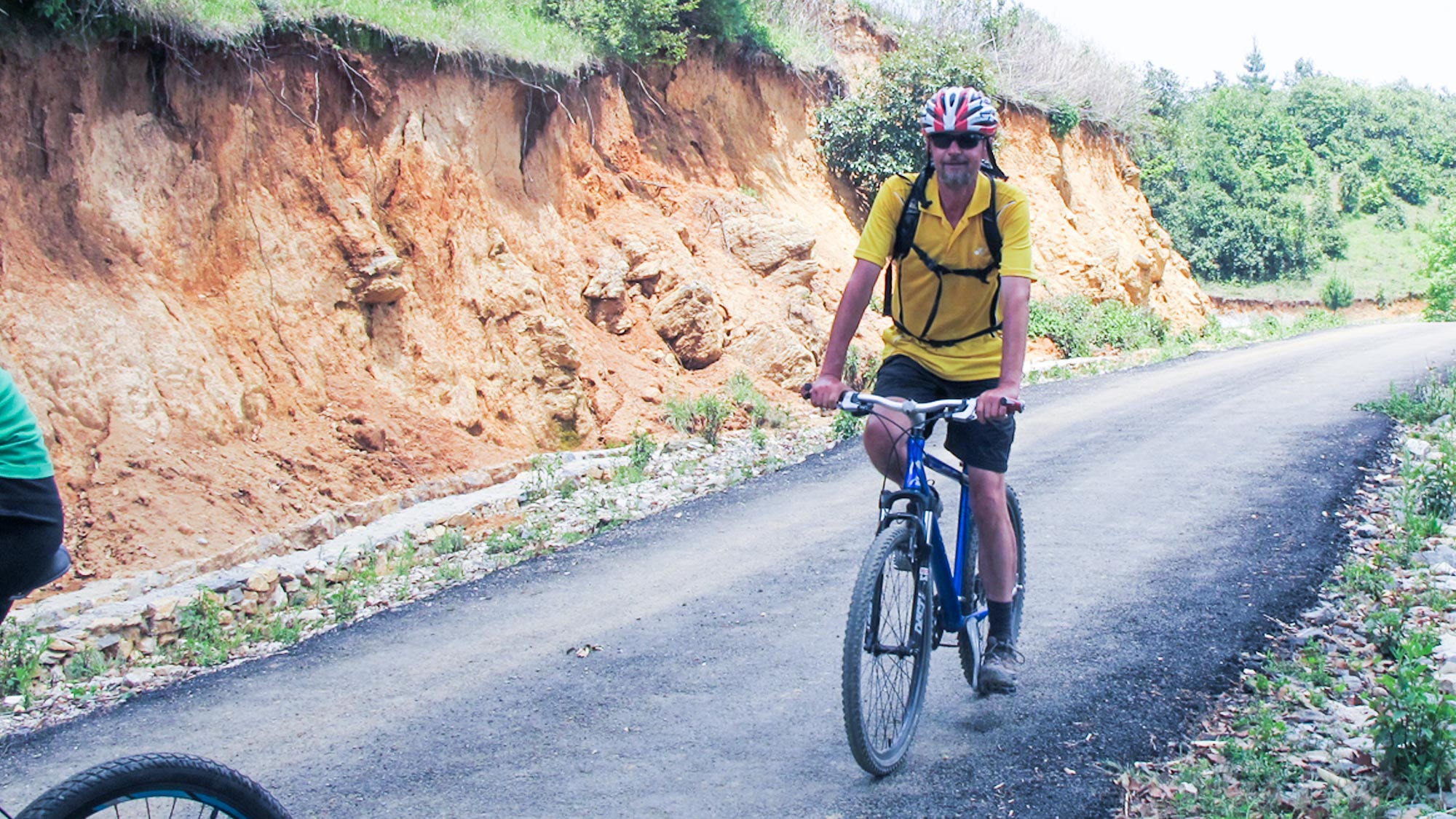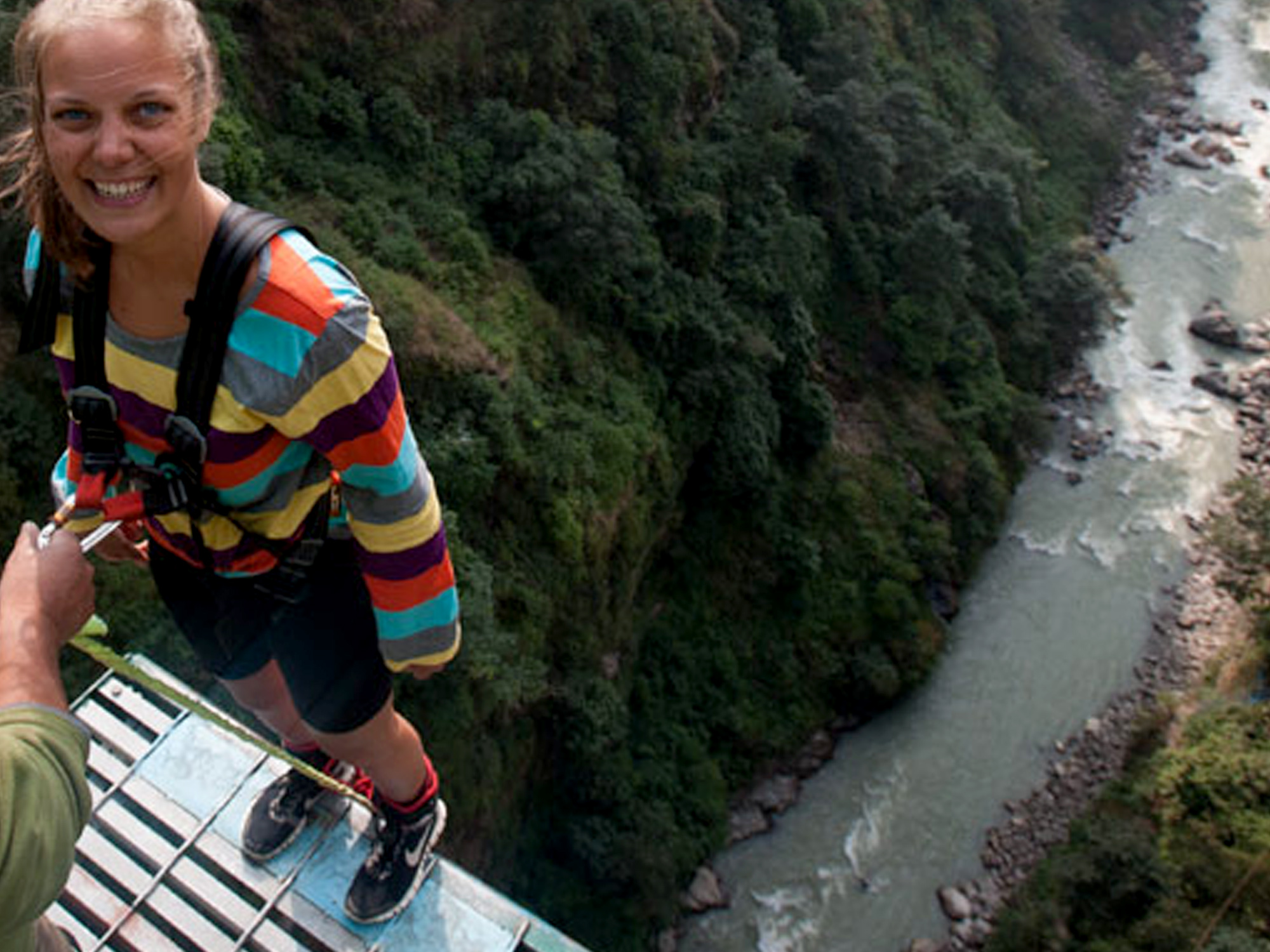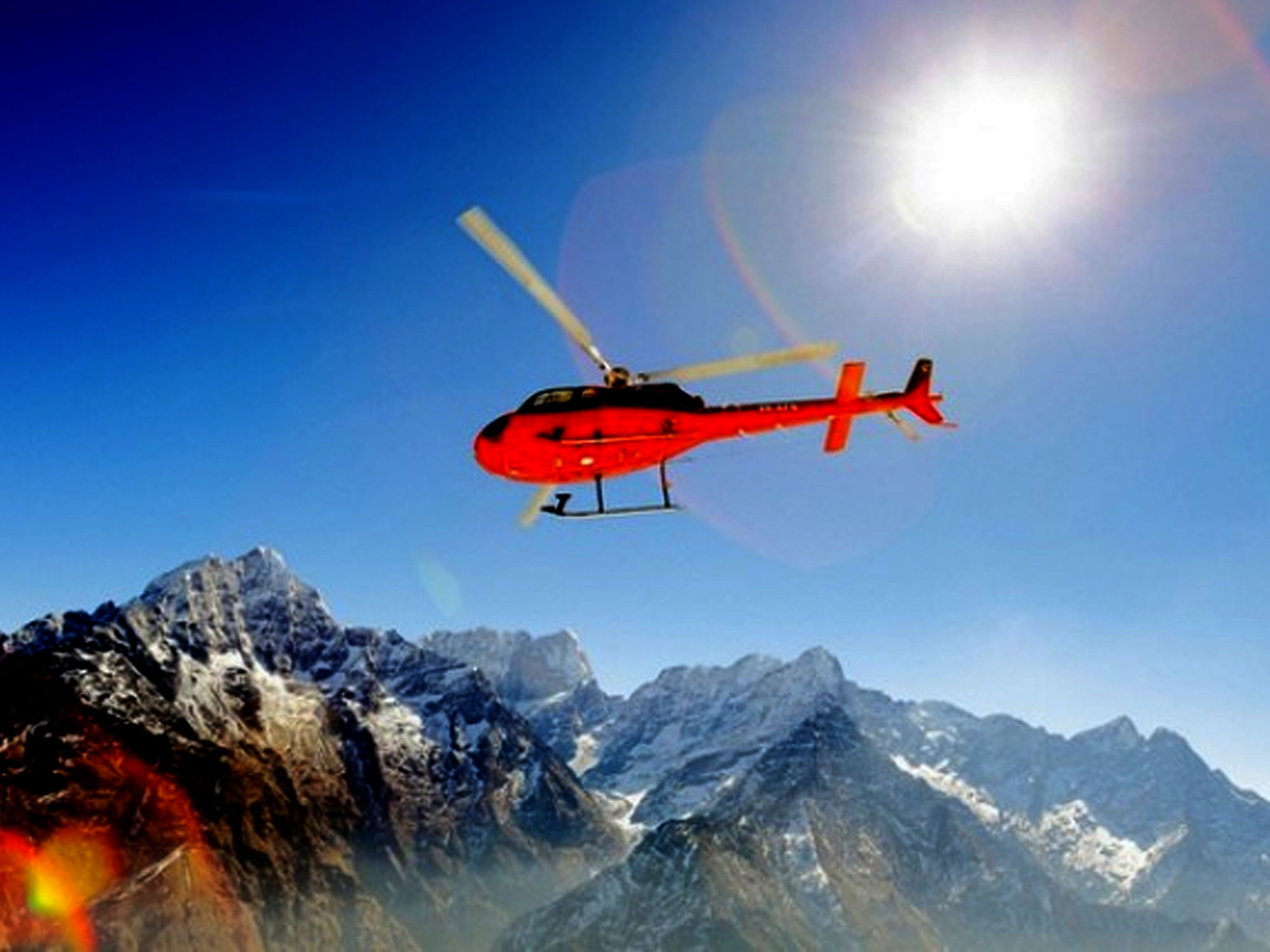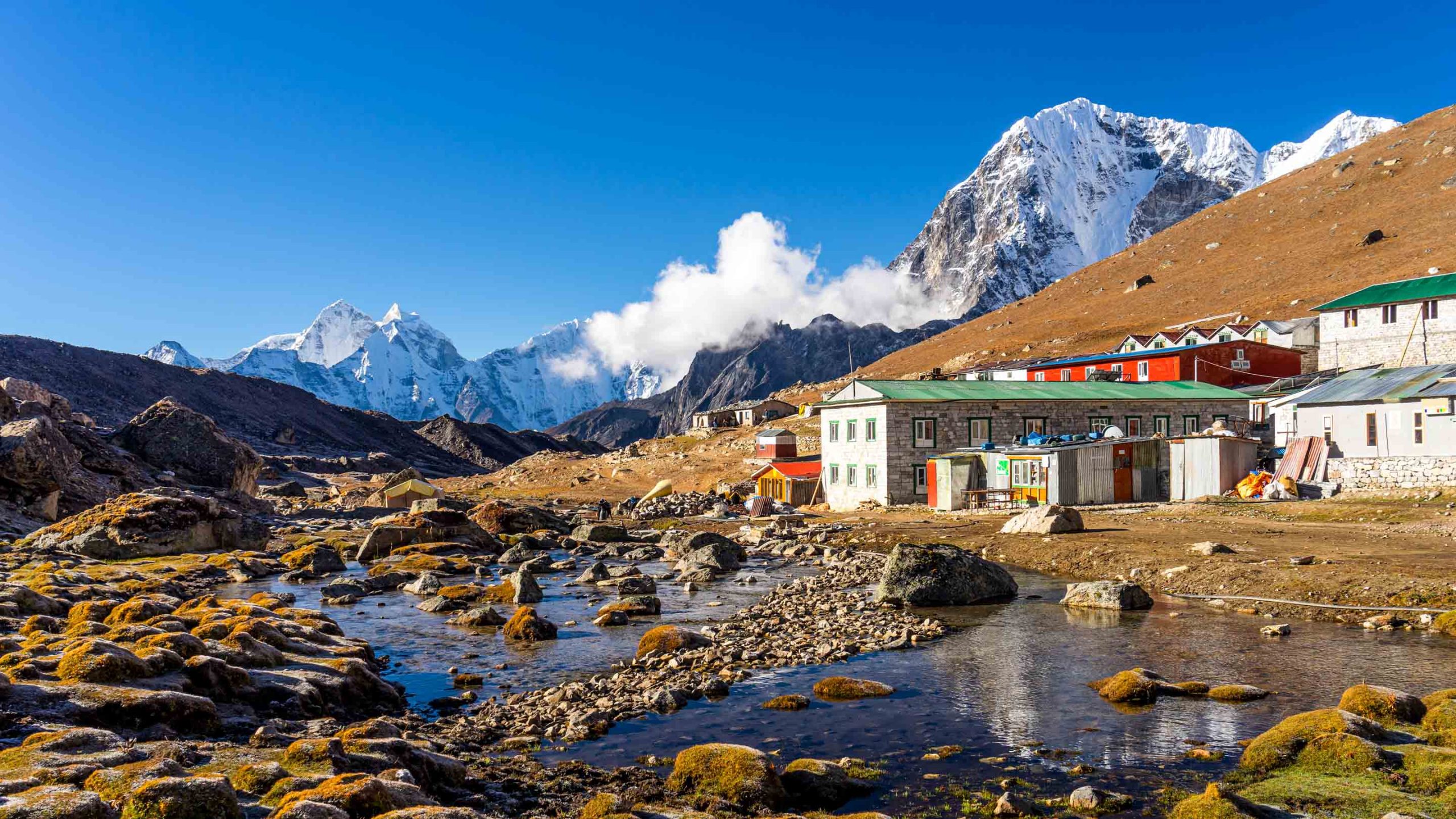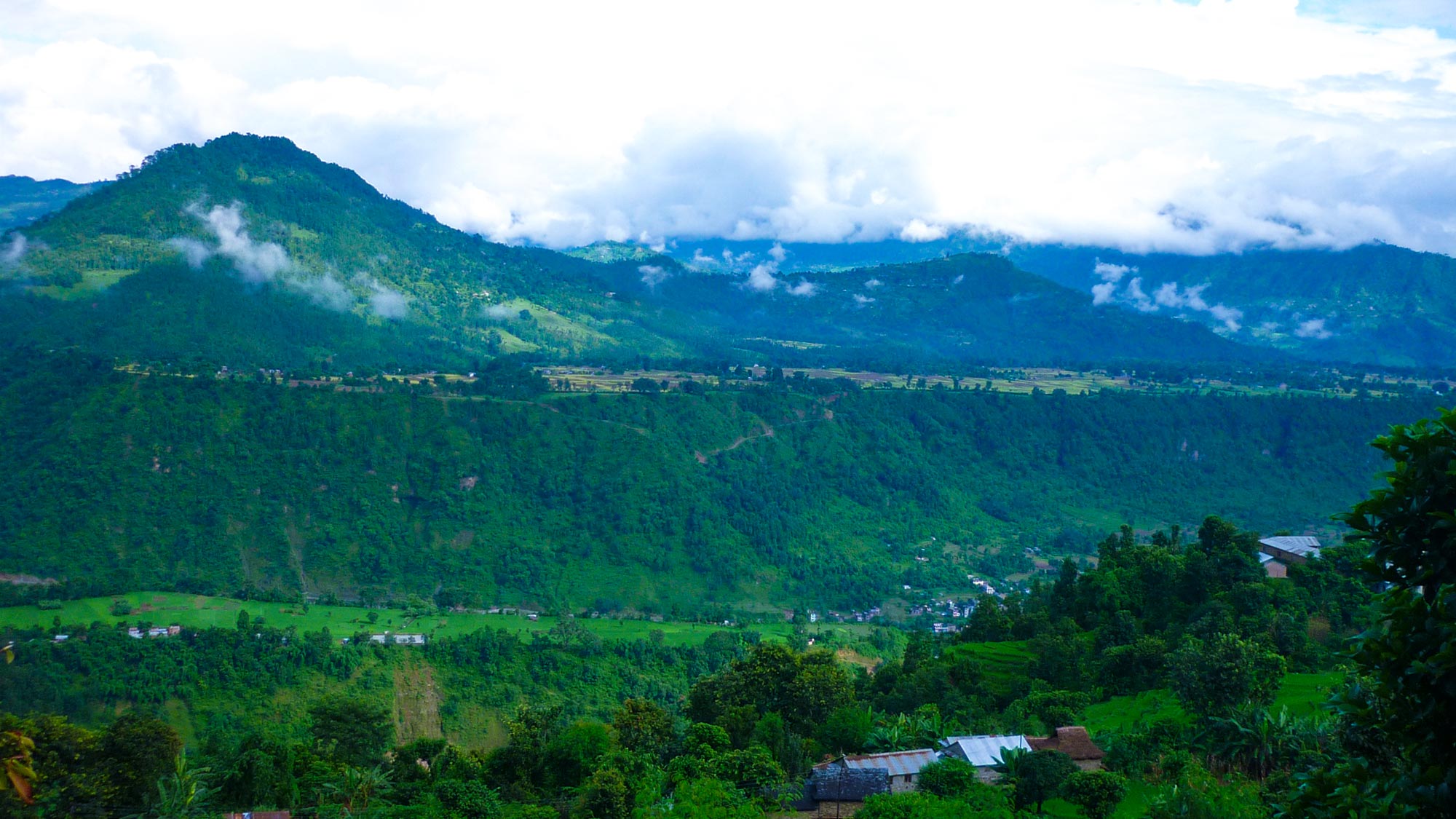
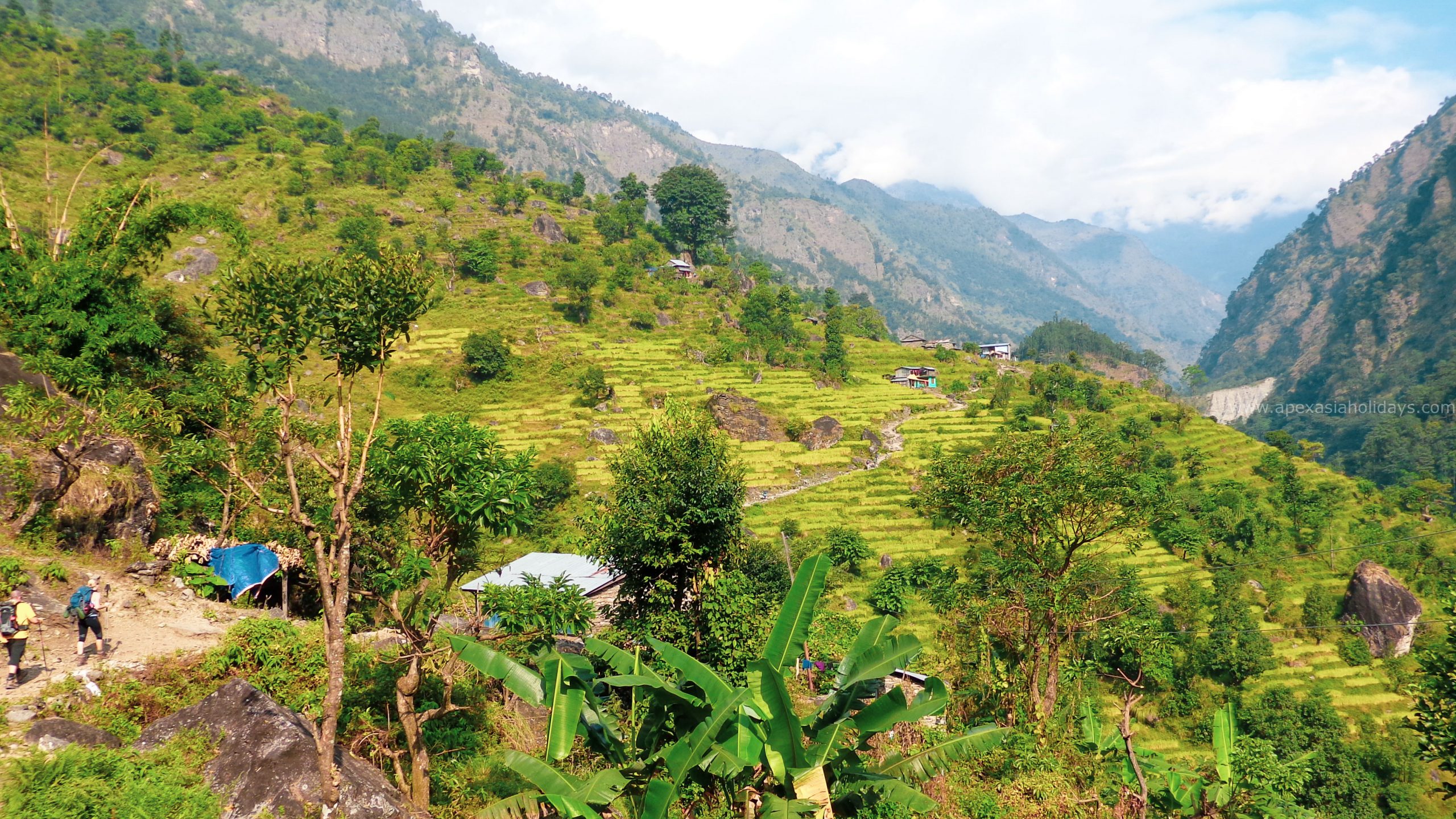


Trip Overview
Homestay Trek is a trek of a week without make-up. The trip title itself explains what kind of the trek it is? It is a trip where you will experience the traditional beauties of Nepal. It is designed for those who want to explore the core culture and real beauty of Nepal.
The Homestay trip starts from Dhading Besi; the headquarter of Dhading district. We arrive Dhading after three hours drive from Kathmandu. The up and down trails with crossing stream, walking through the jungle, hearing the whistles of a shepherd, cowboys make the trip easy. During the hike, we can see traditional farming methods that use oxen. All the farmers work with simple equipment made by local blacksmiths.
The village is remote and typical to Nepali rural areas. The facilities, accommodation, and meals are simplistic, at best in the villages. Toilets and bathrooms are essential. You can take baths in a local Dhungedhara (stone taps). Nudity is not acceptable in the village. . Locals expect everyone to be decently dressed and swimsuit/bikini is not allowed in the village. Tourists and guests are always very respect by locals. Everybody wants to feed you and give accommodation to you in their homes. Such experience in villages will be a lifetime achievement of your life.
During the homestay trek you will also see some conservative and old-fashioned way of treatment, with witch doctors and using herbs, allopathic medicine.
Tour Highlight
- Living life with villagers and sharing the culture
- Exploring the Shrines, Temples and Monumnets
- Driving through the Scenic Highway
- Explore the core culture of Nepali people Interact with local Nepalese Community
Trip Itinerary
-
Day 1
Arrival at Tribhuwan International Airport
Welcome to Nepal! We will receive you the airport and transport you to hotel.
-
Day 2
Pre-trip meeting and sightseeing around Kathmandu valley
The day beings with a meeting and introducing with your trek and tour leader. After breakfast, we organize a short meeting at the hotel lobby. The meeting finalizes the preparation of the trek. In the meeting, you need to bring three copies of passport copy size photos, and travel insurance copy. Soon, the day tour will starts and on the tour visit most highlighted places of Kathmandu.
PASHUPATINATH TEMPLE
Pashupatinath Temple is one of the most visited and sacred places of Hindu. According to Hindu mythology, Pashupatinath is one of four Dham. It is not only a religious place also the cremation place. The dead body is burning with firewood in the bank of holy river Bagmati.
BOUDDHA STUPA
Bouddhanath Stupa is one of the biggest Buddhist shrines in the world. While touring in Buddha you can meet the monks, learn Buddhism, gather the information about Thankas, and its significants.
BHAKTAPUR DURBAR SQUARE
Bhaktapur Durbar Square is a royal palace built in centuries ago when Nepal had 22 and 24 state kingdom. The palace is famous with the name of fifty-five windows durbar, Nyatapol Mandir the tallest temple in Nepal. The Lion Gate, Golden Gates, The statue of King BhupatindraMalla and the pottery where the potter makes are the main attractions of Bhaktapur.
After finished the tour, the evening time is to review the luggage for the trek. If you interested you can walk around Thamel, choose the restaurant for dinner.
-
Day 3
Drive to Dhading Besi from Kathmandu and trek to Jyamire
After breakfast you will be picked up by our guide and drive to Dhading Besi. In the beginning, you will drive down to Naubise through the Prithvi Rajmarga via Naubise, Baireni, and Gajuri and then take right and cross the bridge over Trishuli River through the jungle. Once you reach Dahading Besi and then start to trek by crossing a stream and climb up to Jyamire Dada via light forest way, along with the trail you will see monkeys and numerous species of birds.
-
Day 4
Trek to Arughat
After 30 minutes from Jymire the trail steep ascending to Golavanjyang Dada from where you can see Manaslu and Ganesh Himal range. Then descending Aankhu Khola via Golabhyanjang and Hanumandanda. Once you cross Aankhu Khola River you will climb up to Salyantar, a large plain in between large hills, which is fertile and well irrigated, it produces the millet, Jhuse (an oil plant), maize and paddy. The oxen with the help of yoke plow the field. But now the dirt road is there so few of the farmers are use tractors to plow.
After crossing the Salyantar again trail descent to Arughat Bazaar the oldest bazaar of Nepal, which has carried out the ancient history. Explore the Bazaar and trek to Arutar or Tariphat for night accommodation.
-
Day 5
Explore around the local villages
Today you will explore the villages nearby Arughat Bazar including the Mangal Tar, the trail to remote trekking Manasulu and climb up to Khatriswara a typical village. You will have lunch in a local house and the trek to Aruchanaute village and continue to Arutar village. During the day you will visit some of the religious places like Akala Mai mandir in the Bank of Budhi Gandaki, Bimsen Mandir and historical school Bheemodaya in the middle of Mango orchard.
Not only visiting the places also you can participate in local activities with the farmers. If you are visiting on monsoon you can go to the field and plant rice and millet, which will be a lifetime experience, and if you are traveling in Autumn season, you will get the chance of celebrating the two biggest festivals; Bada Dashain and Dipawali Tihar which is also known as the Festival of Lights, especially autumn season covers with Nepalese festivals of different religions and the main season of harvesting, and if you are traveling in spring season, it is the time of flowering and as you know Nepal is the country of flower, here you can see in every route blooming flowers.
Throughout the day you will feel the local lifestyle, culture, and tradition. You can learn about the superstition they have regarding various cultural things like a witch doctor, caste system and so forth. And in the evening you will be back home for the night.
-
Day 6
Trek to Ghyampesal via Tandrang Village
Today the trekking path begins with light ascending through the light forest and get to the Simalphed. It is also a local bus station of Tandrang village. Along the trail, you will visit remote areas and local residents of the village. And hiking up to Tandrang Kalika Mai is valuable; from the top of the hill, you can see the mountains of Annapurna Region and Manasulu including Annapurna II, Ganesh Himal, Manaslu. Ghyampesal is a large town market on top of a hill, popular with locals who run shopping errands.
-
Day 7
Trek to Gorkha Bazaar
Today the trail is over the hill with the magnificent view of Himalaya, the terrace field on the lap of green forest. Along the trail, you will greet the children by saying Namaste! And finally get to Gorkha Bazaar, taking rest for half an hour and hiking up to Gorkha Kalika, an ancient Royal Dubar of legendary King Prithvi Narayan Shah, who had unified Nepal from 22- 24 state of the country.
You hike up there through the paved-stone step, along with the path you will see the debris of statue of Ram Shah and Drabya Shah and also some memorial resting place with the big tree. The tree was afforested in honor to King Ram Shah. According to the history, Ram Shah was the king of justice as well.
Once you reach at Durbar, which is not the only durbar also a temple of Gorkhanath and Gorkhali. The interesting thing of Durbar is a flame, which was continuing from the period Prithivi Narayan Shaha about 300 years back.
In addition, the temple area does not allow taking any things that are made out of leather and you must have shoes off in the gate.
-
Day 8
Drive to Kathmandu.
Today you will drive to Kathmandu and meet the same road you had driven to Dhading on the first day, once when you get to Malekhu Bazaar. In the evening the trip concludes with a farewell dinner in Nepali cultural restaurant with Nepali folk music and dance.
-
Day 9
Trip conclude
Finally, the entire trip is over.
Itinerary Info
Standard Itinerary and Private Trip
It is the notice about Standard Itinerary and Private Trip. The provided itinerary is standard, and if you want to customize it, you can do it. OR you can go through our Plan Your Holidays page.Travel Insurance and Covers
We strongly recommend you have travel insurance that covers the adventure activities such as trekking/hiking above 15,000 feet. And must include flights delayed/canceled by bad weather, accidents, evacuations, etc.Keep in Mind
Sometimes, unusual weather changes, natural disasters, flight delays, and cancellations, government rules, local political situations, health conditions of trekkers may change your itinerary. At that point, our leading guide will decide and try to minimize the impacts and run the trip smoothly, but we are not liable for any additional costs if needed.Always options for Upgrade
Please you can upgrade your accommodation and transportation service to regular. We can provide you with 5Star hotel accommodation and the best available private car/ jeep services. And also domestic flights including the Helicopter Charter.
What Includes & Excludes
Includes
- From and to airport transfer to hotel on a private tourist vehicle
- Fullday guided sightseeing in Kathmandu.
- Apex Asia Holiday provides English speaking local guide
- Accommodation, foods, insurance, salary, equipment, and medicine for field staffs.
- Trekking/tour permits, entrance fees.
- All ground transportion as per itinerary
- Farewell dinner one night before the client’s final departure in a typical Nepali Restaurant with culture dance. Your guide will accompany you.
- All government taxes and official expenses.
- All hotel accommodation as per your itinerary in BB Plan
Excludes
- International airfare to and from Nepal.
- Visa fees and travel insurance.
- All drinks including bottled/boiled water along the trekking route
- Lunch and dinner in the city.
- Tips for trekking staff (Tipping is expected).
- Personal trekking gears/equipment.
- Anything not mentioned in the price includes.
HOW ARE WE DIFFERENT?
We operate this trip with aiming:
- To improve the lifestyle of local people
- To protect the environment
- To respect and promote the culture of the local community
- To create the Volunteering Opportunities
- To donate 5% of each trip cost to the COSD Nepal organization
We hire the local people as trekking staff, which creates the opportunity to learn and share the cultures, get exposure to local traditions. You can enjoy the local product feasts in the teahouses and lodges that directly help their business.
- Namaste [Namaste is usually spoken with a slight bow and hands pressed together, palms touching and fingers pointing upwards, thumbs close to the chest] is the respectful greetings in Nepal.
- Walk-in clockwise direction around temples, monuments, MANE Stone, MANE-wall is the culture of Hinduism and Buddhism.
- Enter temples and with removing shoes and also leather.
- Ask permission to take any portrait of locals.
- Use right while giving and receiving food, eating, wiping mouth, etc.
- Please dress in loose-fitting clothes while entering temples and monasteries.
A small group of travelers led by the local trek leader, we try to minimize the impacts on natural resources and the environment during the trips. We emphasize reducing waste. Encourage travelers to use a refillable water bottle instead of a single-use bottle.
We are also a supporter of the Community Organization for Sustainable Development Nepal (COSD Nepal). And, we collect 5% of the total payment of each trek to contribute to the organization.
Volunteer Opportunity
We have a volunteer trip operating in a local school in Gorkha. Through this trip, you can directly support the children also the teachers’ educational status.
Add-on Activities
Equipment List
Here you will get a basic idea of the equipment and items of clothing that you need to carry on the trip. Apex Asia Holidays provide you with a gratis duffel bag in Kathmandu to pack your trekking luggage.
Note:
- Non- trekking items can store at the Hotel lockers in Kathmandu.
- If you are trekking in Everest Region: Kathmandu- Lukla Flight only allows the 15KG including hand-carry bag.
- You must have to carry a down jacket from above 4000 meters to keep warms. You can hire a down jacket and sleeping bag for USD 30 with us.
Upper Body - Head / Ears / Eyes
- A cap to protect your ear and neck from sunlight
- Warm wool or synthetic hat
- Neck Warmer
- UV protective glaciers sunglasses - better to have side shield.
Hand
- A pair liner woolen gloves for mild days and heavy for morning and evening
Core Body
- Three cotton t-shirts
- Three synthetic t-shirt
- Two long sleeve polyesters, light colored shirts for sunny days.
- A soft shell jacket, water resistant, with insulation, underarm ventilation zippers. The full front zipper is preferable for ventilation.
- For women two synthetic sports bras, no cotton.
- Two pairs of nylon hiking shorts.
- Underwear, stay away from cotton.
- Two pairs lightweight long underwear.
Lower Body
- Two pair trekking pants, preferably that zip on/off at the knees.
Feet
- At least four pairs of liner socks, synthetic. And three pair heavyweight socks to be worn over liner socks.
- A pair of lightweight socks, a good option for the lower / warmer parts of the trail and also on lodges at the time of dinner.
- A pair light to medium weight waterproof hiking/trekking boots. Make sure the size and should have to be avoidable for blister.
- A pair light trekking shoes or sneakers to wear in and about camps or lodge.
- Shoes
Other Essential
- Small Day Pack
Medicine and First Aid
- Ibuprofen for general aches and pains
- Extra Strength Excedrin for altitude related headaches
- Immodium or Pepto bismol capsules for upset stomach or diarrhea
- Anti-infection ointments
- Band-aids
- Lip balm (At least SPF 20)
- Sunscreen (SPF 40)
Miscellaneous but Important
- Passport and extra passport photos (2 copies)
- Airline tickets
- Durable wallet/pouch for travel documents, money & passport
- Water bottle/bladder
- Water purification Iodine tablets
- Toiletries
Important Info
-
TRANSPORTATION
In Nepal, there are two kinds of transport, public and private. We mostly recommend you to use the private than the public because the roads two ways that make traffic, and the private vehicle can avoid the traffic by choosing the proper time for less traffic.
-
MEALS
In Nepal, you will get the extensive food menu. From the international food menu to local foods. Dal Bhat is the main course of Nepal. Your guide will help you to choose the suitable food, on the trek and tour.
-
ALTITUDE SICKNESS
Trekking is the popular trekking ventures in Nepal, which is always in the High Himalaya and where we have the chance to get altitude sickness. So, it is highly recommended to learn more about the High Altitude Sickness before you start the trek. Hurry can be deadly in Nepal Himalaya. Walk slow, and give enough time to your body to fit in the high altitude. Drinking more water and stepping slowly with rest is the best protection against altitude sickness.
-
INSURANCE
It is necessary to have travel insurance before you embark on any trip. The insurance policy should include the cost of medical expenses, any damage or loss of your luggage, and cancellation.
-
SAFETY
Nepal is one of the safe and more peaceful countries around the world. Even though you must have your Travel Insurance and the should cover the area which is on your itinerary.
-
RESPONSIBLE TRAVEL
Traveling is the way of getting in touch with the local peoples. It is important to recognize what is acceptable in the society, such as dresses, behaviors, and language. There might be different than your own country. Most of the people can communicate in English in the cities and also some touristy towns but if you have learned a few words Nepali, like greetings “Namaste” that make a huge difference.
-
HEALTH & SAFETY
Apex Asia Holidays always concern about the health and safety of the clients. Our guide carries a first aid kit with the directed medicine by the doctors. We also recommend you to discuss with your doctor about your visit at least a month ago. In case of severe or emergency, we transfer you to the nearest hospital. Safety is the first important for us as a responsible tour agency, so we do not take unnecessary risk.
Why Book With Us
- Great Value Guranteed
- Small Group Size
- Local Expert Guides
- Hassel-Free Booking
- Social Responsible
- Excellent Service
Frequently Ask Question
-
What is the time zone of Nepal?
NPT (UTC+05:45)
-
Do I need to tip the guide and porters? What is the standard tip?
Tips is expected by your team members and normally the standard is 10% of your total trip cost.
-
Do you arrange the International and domestic flights?
Yes, we can do as per clients’ require. Normally, we arrange all domestic flights and if you required we can arrange also international tickets.
-
Can I change my itinerary?
Yes, customizing the itineraries is the feature of Apex Asia Holidays. And you can also visit the Plan Your Holidays link.
-
Is it possible to extend trip?
Sure, you can extend your entire trip and also you can do extended trip.
-
Is it possible to use credit card during the trek/ tour?
Using card is not possible in all trekking town except Namche of Everest region. But in the cities you can use the cards.
-
Can I charge the batteries of cameras, phones?
Yes, you can charge your devices, but recommended you to bring your plugs, chargers and also do not leave unattended anything while charging in a lobby or somewhere in trekking guesthouse. And if you are in camping trek it’s quite hard to charge the phone so advising to bring portable charge.
-
Is there any possibility to communicate in my hometown?
Yes, you can. In the Everest and Annapurna region you can connect via Phone, Internet both is available in most of town and, in some remote routes you may need to use satellite phone that are carry by you trek guide or also get in the local town.
-
Do you provide any equipment for the trek?
Apex Asia Holidays provides you a basic equipment like Sleeping Bag, Down Jacket, for tea-house trek. And for the climbing trip we provide the basic equipment. For camping trek check it once including section.
-
Is the shower facility during the tour/trek?
Yes, you can have shower during the trek. In camping trek you will get shower in shower tent which is basically provide 3-4 times in whole trek it is depending on the duration of the trek. And in a tea-house trek we will provide you attached room where is possible and the rest of town you will payable shower.
-
What are the accommodations and meals like?
All the meals that you provided are hygienic and fresh. While you are in camping trek you get meals prepared by professional camping cook. And if you are doing tea-house trek you will get the main course as like in the cities. For accommodation in the camping trek you will have a tent with good qualities mattress and sleeping bag. And if you are in tea-house trek you will normal twin sharing room in basic facilities with warm mattress and blanket, and also we provide sleeping bag if you need.
-
Is the drinking water okay? Or I need to use tablets?
For drinking water you can buy bottle water that purified mineral water in tea-house trek and city tour. And in camping trek the camping cook provides you boiled water. For some case of remote area trekking it would be better to have some purification tablets that you can buy in Kathmandu.
-
How big is a group size?
We will try to arrange small group of willing people, which immortalized the treks. Normally we encompass 12 -16 people in a group. (This is not to apply for them who want to do Private Trip, no minimum and maximum for them.)
-
Do you arrange the private trip?
Yes, of course we will arrange private tour.
-
Should I need to join the group?
Joining in a group is depending on your booking and option that you choose. If you have booked for Private Trip then obviously you will not join. Otherwise normally the same trip is departing in a same day then the group will join.
-
Are the staffs insured of your company?
Yes, all of the staffs and crew members are the insured.
-
What sort of ground transportation you use?
Normally we assign a car up to 2 people and Jeep for up to 5 people and then Micro Bus for up to 14 PAX and Coster and Sutlej Bus depending on group size. There are some trekking routes, which are dirt road for them we assign 4WD Jeeps. It also depends on what services you opt.
-
Are the treks and tours secured? What about the security?
Provide the security to our clients is principal of us. The government licensed holder guides and other crew members are carefully assign for your trip. Even though, would like to counsel you to take care of your personal equipment, bags. If you doing a tea-house trek your accommodation are in a local guesthouse, where you have to be precaution yourself at all time. And if you are in a camping trek always keep your own bags inside the tent and while in nighttime please keep your bag in the middle of the tent. The camping leader assigns a Sherpa as a guard throughout the nighttime.
-
Do my guide/porter speak English?
Definitely they speak English. All the guides are professional and due to the professionalism they speak good English. The guide’s English is enough to explain about the local culture, activities, and religions.
-
Do you peak me up at the Airport upon my arrival?
Yes, our airport representative welcomes you at airport and transfer to the hotel in a private tourist vehicle.
-
What is the fitness required for the treks?
Generally, to trek in Nepal we should have good physical and health condition. And also able to walk 4- 7hrs in day at high altitude with your little backpack.
-
When is the best season for treks in Nepal?
From March to mid of June and September to December is the best season for treks.
Why travel with apex asia holidays
Since 2015, we have operated unique itineraries and happy trips that are a once-in-a-lifetime experience. We focused on the fun factor and challenged you aptly to reach that great feeling of personal accomplishment while enjoying the company of like-minded travelers.
Make your journey fruitful by choosing to travel with a local company. We know each holiday is different. With the guidance of our travel experts and first-hand experience, we can customize every element of your holiday. We create travel packages that transcend our clients’ expectations. We invite you to discover what you’ve been missing. These are some of the difference that makes All-Travel unique.
Explore More Group Size:
1 PAX
Group Size:
1 PAX  Duration:
9 Days
Duration:
9 Days 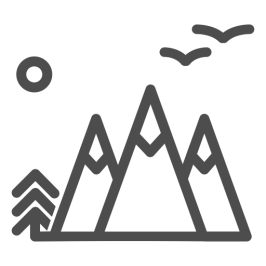 Max Altitude:
1338m (Kathmandu)
Max Altitude:
1338m (Kathmandu)  Trip Grading:
Easy
Trip Grading:
Easy  Trip Start:
Kathmandu
Trip Start:
Kathmandu  Trip End:
Kathmandu
Trip End:
Kathmandu  Average Dist. per Day
12 KM
Average Dist. per Day
12 KM  Average Time per Day
6hrs
Average Time per Day
6hrs 